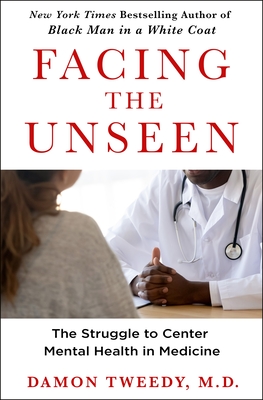
Disability Dialogues: Advocacy, Science, and Prestige in Postwar Clinical Professions
Description
A historical look at how activists influenced the adoption of more positive, inclusive, and sociopolitical views of disability.
Disability activism has fundamentally changed American society for the better--and along with it, the views and practices of many clinical professionals. After 1945, disability self-advocates and family advocates pushed for the inclusion of more positive, inclusive, and sociopolitical perspectives on disability in clinical research, training, and practice. In Disability Dialogues, Andrew J. Hogan highlights the contributions of disabled people--along with their family members and other allies--in changing clinical understandings and approaches to disability.
Hogan examines the evolving medical, social, and political engagement of three postwar professions--clinical psychology, pediatrics, and genetic counseling--with disability and disability-related advocacy. Professionals in these fields historically resisted adopting a more inclusive and accepting perspective on people with disabilities primarily due to concerns about professional role, identity, and prestige. In response to the work of disability activists, however, these attitudes gradually began to change.
Disability Dialogues provides an important contribution to historical, sociological, and bioethical accounts of disability and clinical professionalization. Moving beyond advocacy alone, Hogan makes the case for why present-day clinical professional fields need to better recruit and support disabled practitioners. Disabled clinicians are uniquely positioned to combine biomedical expertise with their lived experiences of disability and encourage greater tolerance for disabilities among their colleagues, students, and institutions.
About the Author
Andrew J. Hogan (OMAHA, NE) is the Fr. Henry W. Casper, S.J. Professor of History and an associate professor in the Departments of History and Medical Humanities at Creighton University.




























